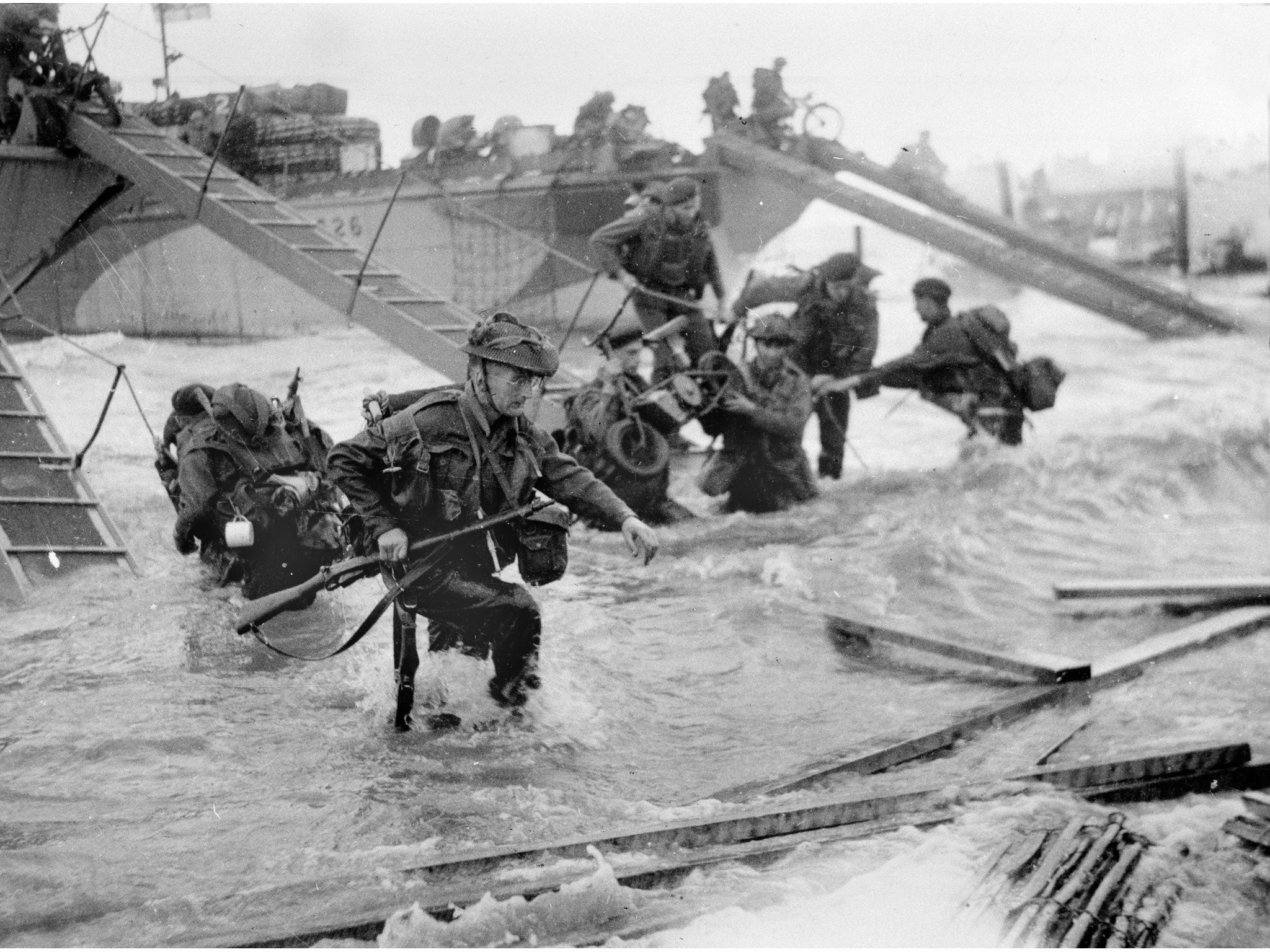The importance of D-Day
Without the offensive in Normandy, Hitler would have been able to better resist the Red Army

Your support helps us to tell the story
From reproductive rights to climate change to Big Tech, The Independent is on the ground when the story is developing. Whether it's investigating the financials of Elon Musk's pro-Trump PAC or producing our latest documentary, 'The A Word', which shines a light on the American women fighting for reproductive rights, we know how important it is to parse out the facts from the messaging.
At such a critical moment in US history, we need reporters on the ground. Your donation allows us to keep sending journalists to speak to both sides of the story.
The Independent is trusted by Americans across the entire political spectrum. And unlike many other quality news outlets, we choose not to lock Americans out of our reporting and analysis with paywalls. We believe quality journalism should be available to everyone, paid for by those who can afford it.
Your support makes all the difference.The largest invasion fleet ever assembled, before or since, landed 156,000 allied troop on five beach-heads in Normandy on 6 June 1944.
Popular memory focuses on D-Day itself. The fighting continued for 10 weeks until 19 August. Some of the close combat, in and around Caen, or at the foot of the Cotentin peninsula, or in the Falaise pocket, was as murderous as anything on the Eastern Front.
After their defeat in Normandy, the German forces in western Europe were so reduced that the American, British, Canadian, Polish and Free French armies advanced to capture Paris by 22 August and Brussels by 1 September.
Casualties on D-Day itself were lighter than allied commanders had feared. It is estimated that about 4,400 allied troops, airmen or sailors died on 6 June 1944, of whom about 1,500 were British. There are 17, 769 British war graves in the whole of the Normandy battle zone.
How important was the battle of Normandy? Post-war western histories played down the immense Russian contribution to the downfall of Nazism. It would be equally wrong to dismiss, or marginalise, the importance of the second front opened on 6 June 1944.
Without D-Day, Adolf Hitler would have deployed many more divisions to resist the Red Army. He would have had more time to develop, and deploy, his modern weapon of terror, the V2. The war might have continued indefinitely.
At the very least, the Iron Curtain which was established in central Europe in the late 1940s might have been built 600 miles to the west, between Britain and the continent.
Join our commenting forum
Join thought-provoking conversations, follow other Independent readers and see their replies
Comments